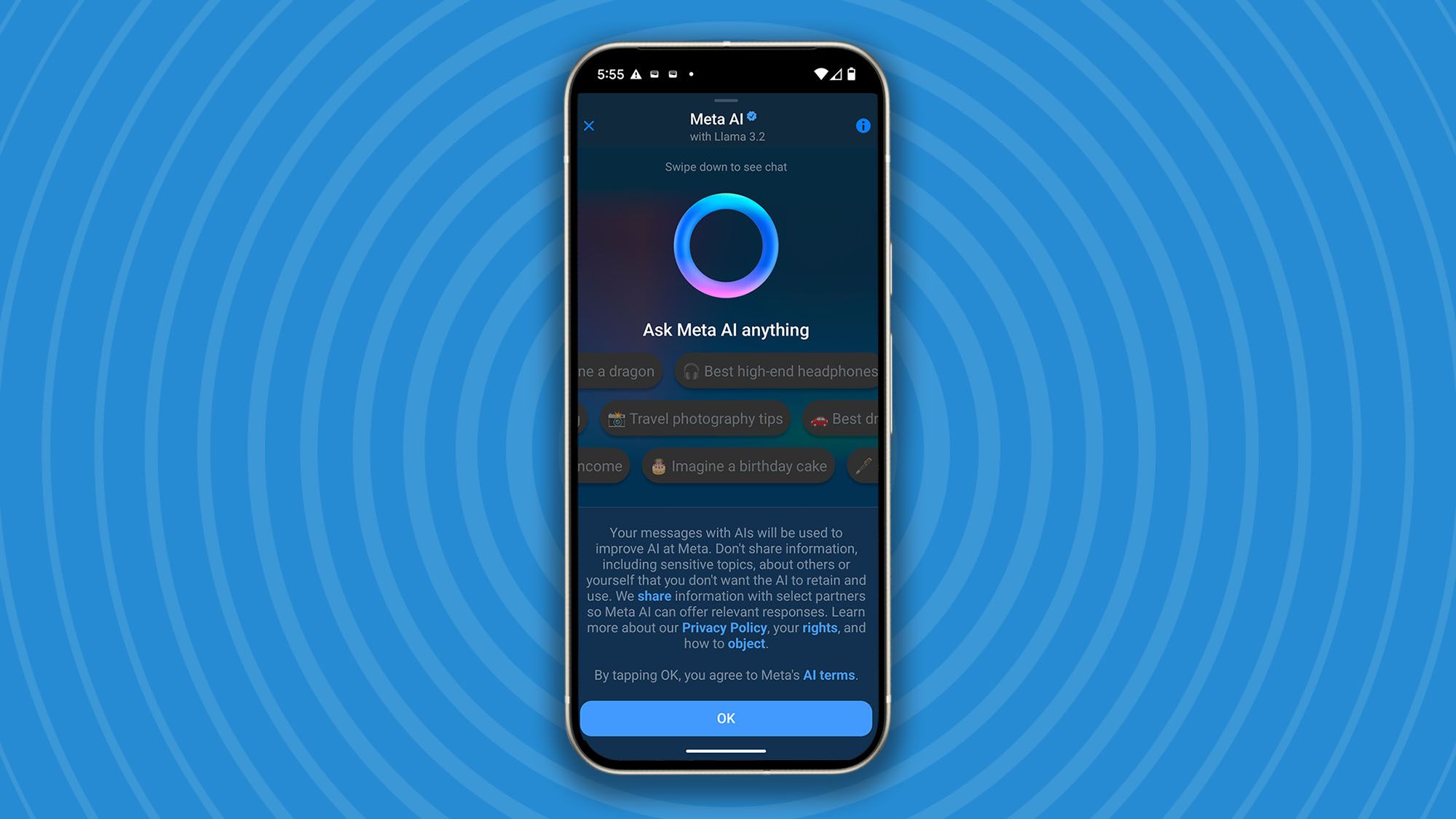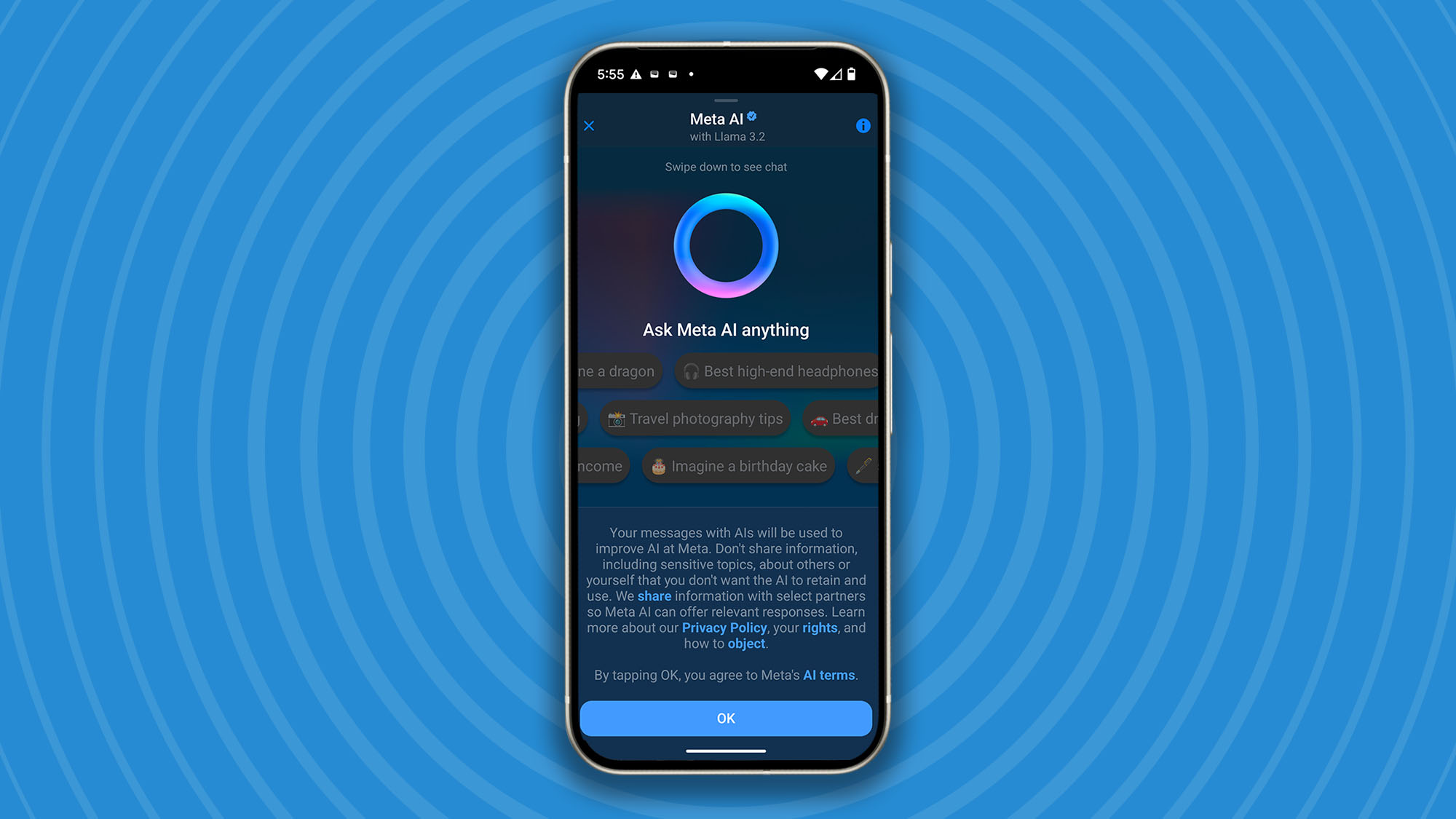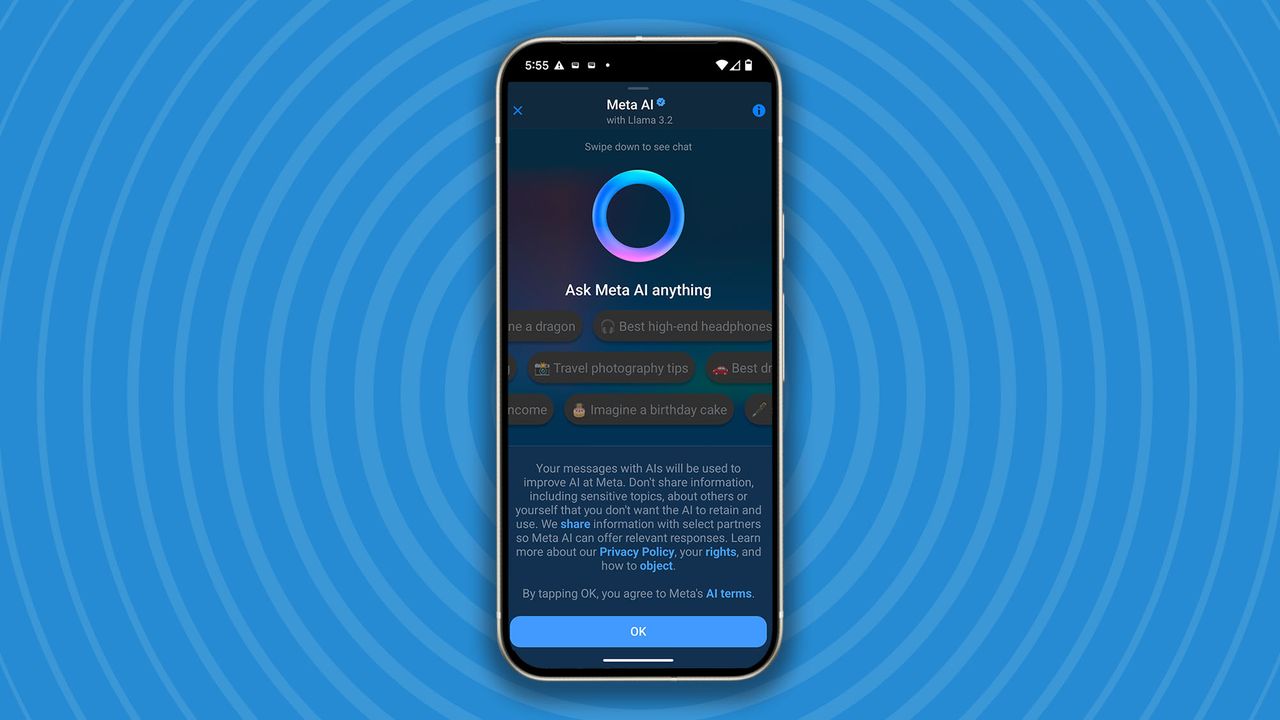Key Points
- Meta will use Meta AI chatbot conversations on Facebook and Instagram to personalize ads.
- There is no opt‑out option for users.
- WhatsApp chats are excluded from this ad‑targeting approach.
- Meta says it will respect sensitive categories such as politics and health.
- The rollout does not include Europe or the United Kingdom due to GDPR.
- The change treats AI interactions as a new source of behavioral data.


Meta AI in Messenger on a smartphone.
Meta AI Integration into Ad Targeting
Meta disclosed that the company will begin leveraging the content of users’ interactions with the Meta AI chatbot on its Facebook and Instagram platforms to fine‑tune the advertisements and recommendations that appear in their feeds. By analyzing the topics discussed in these AI‑driven conversations, Meta aims to align ad delivery more closely with individual interests, treating chatbot exchanges similarly to likes, shares, or clicks on posts.
User Impact and Opt‑Out Policy
According to the announcement, users will not have the ability to opt out of this data use. The company emphasized that any conversation—whether a voice chat or a text exchange—could influence the ads shown, such as suggesting hiking gear after a discussion about hiking. In contrast, Meta clarified that chats conducted through WhatsApp will not be incorporated into ad‑targeting at this time.
Scope and Regional Limitations
The rollout of this policy will not include users in Europe or the United Kingdom. Meta cited data‑privacy regulations, specifically the European Union’s GDPR framework, as the reason for excluding those regions from the initial implementation. The company indicated that adjustments may be made in the future to accommodate regulatory requirements.
Privacy Considerations
Meta stated that it will honor boundaries around sensitive categories, including politics, religion, sexuality, and health, though the definitions of these categories were not detailed. The shift to treating AI chatbot interactions as a source of behavioral data has prompted discussions about user privacy, as the line between casual conversation and data collection becomes less distinct. Critics note that the lack of an opt‑out mechanism and the expansion of data collection to include AI chats could raise concerns about how personal information is used for commercial purposes.
Source: techradar.com
